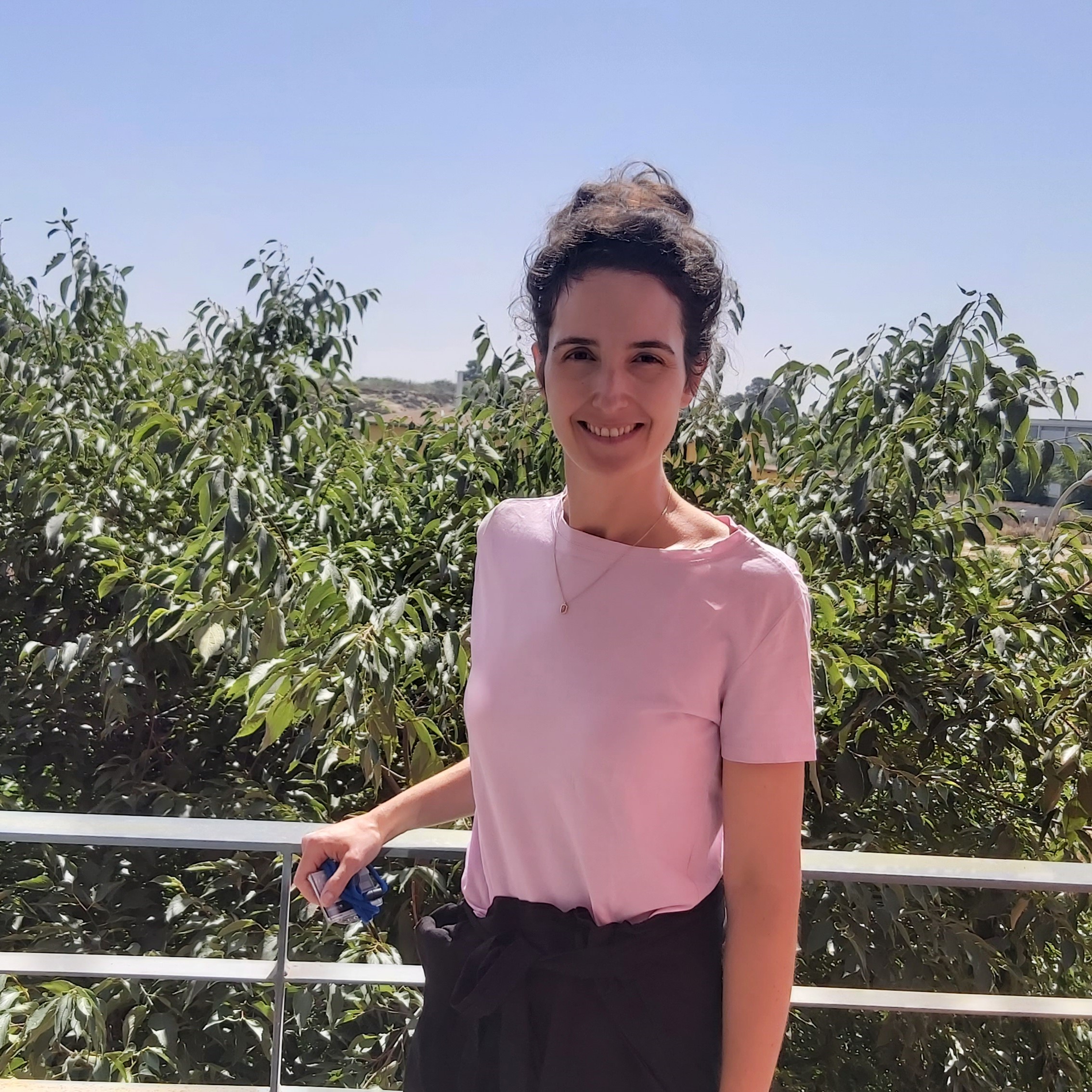What led you to pursue a career in research?
I do not think it was just one thing. I knew I wanted to study engineering, but I never imagined dedicating myself to research. It was my thesis supervisors who offered me the chance to do my final-year project with their group, and that is when I realised I liked it—and that you could do very interesting things from here, from the University of Zaragoza. That naturally transitioned into dedicating myself to research.
What has it meant for you to receive European support for this project?
PROXIE is a very big project with European funding, which is something that makes me extremely happy, and I am proud to have secured one of these grants. It is also the first time I applied, so it was a surprise. It allows me to focus on research for five years and provides some stability for the group and the students who will work with me.
Tell us about this project.
I mainly work on applied perception, which means always placing the person at the centre of the technology, immersive environments, virtual reality, augmented reality. The idea is to understand how people experience these virtual environments, how they interact, what captures their attention, and to use this knowledge to adapt experiences and hardware to the person who will ultimately use the technology. Most of the models we develop are data-driven. We design a set of experiences, show them to people, and measure various parameters: where they look, their heart rate, certain skin conductance markers. We use all this information with learning models that, after many scenes and many participants, learn what draws attention. When we provide a new scene, even one they have never seen before, the models can predict which areas a person is likely to look at.
What would you say to someone considering a career in research?
Think it through carefully. It is a tough path, but you always learn. “Losing” a year to see whether you like something is not losing a year. It is a demanding journey, and you need to be aware of the instability involved. For me, it is highly rewarding to learn and to see how ideas eventually materialise into results. If you enjoy that, I would give it a chance.
How do you envision the future of research, especially in Spain?
I want to be optimistic. Progress is slow, we are still behind many other countries. but I would like to think we are beginning to value it more. Even though I am not entirely convinced about the whole artificial intelligence boom, I think it has helped people realise that research is necessary. We still have a long way to go, and things are particularly challenging in Spain. We need to make people aware that basic research is essential to achieving truly meaningful advances.
Up close…
Studies: Telecommunications Engineering and a PhD in Systems and Computer Engineering.
A dream to fulfil: Experiencing other cultures and countries by living in them for long periods, simply enjoying life without thinking about deadlines or projects (probably something that will happen when I retire).
How she spends her free time: I do sports; lately I devote quite a bit of time to a discipline called OCR (obstacle course racing), which combines running with physical challenges like climbing, crawling, or carrying weight. I also enjoy escape rooms, puzzles, and, in general, any activity that involves ingenuity or a good mental challenge.
A book: The Heart of Jade, by Salvador de Madariaga.
A film or series: Black Mirror.
Favourite band or artist: Linkin Park.
A trip: Thailand, for its blend of culture, nature, food, and unique landscapes.
How she would describe herself: Curious, perseverant, and always seeking new challenges, both physical and mental.
